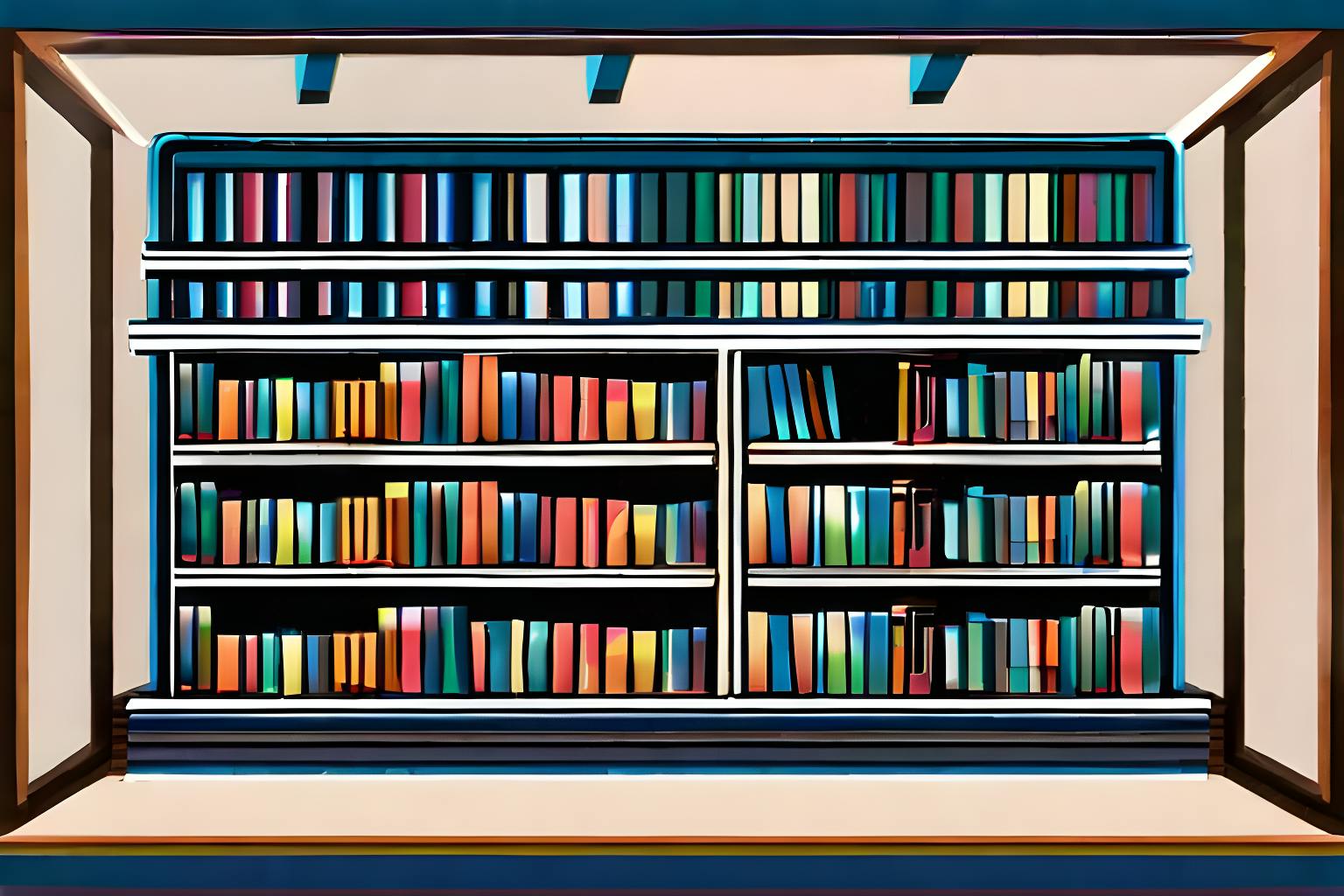113,166 reads
The 7 Software Architecture Books Experienced Developers Need to Read
by
August 4th, 2023
Audio Presented by
I am Java programmer, blogger on http://javarevisited.blogspot.com and http://java67.com
Story's Credibility



About Author
I am Java programmer, blogger on http://javarevisited.blogspot.com and http://java67.com
